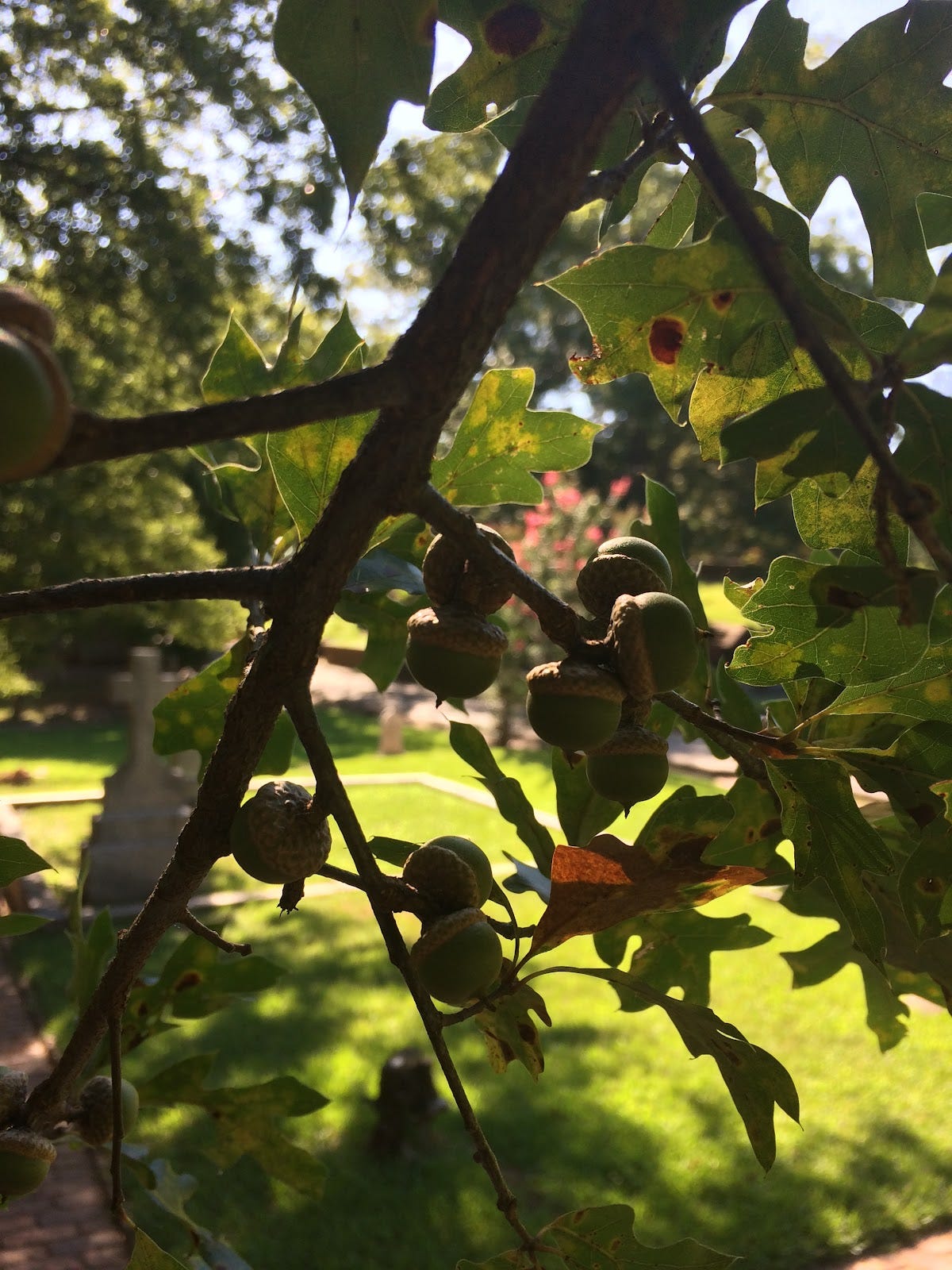Friends, welcome back to Somebody That I Used to Know, a new series here on The Liminality Journal where I interact with blog posts and old words/thoughts on faith, identity, and what it means to be human.
Just to recap, the bold words are what I’m thinking about today, so as you read, you’re watching as I sort of have a conversation with myself. Thanks for joining me here as I process and learn how to have grace for who I was while also calling her forward as I continue to learn what it means to be a more loving human.
Here we go.
This is an important piece for me, and I hope it speaks to you, too, especially in a time when a lot of Christians are ranting about deconstruction and how awful it is and that if we deconstruct we will fall into an abyss that is impossible to climb out of.
This piece is called It’s Okay to Deconstruct Your American Faith:
In college, I took a world literature class. We spent some time with famous stories from all over the world, including the literature of the Old Testament also called the Hebrew Bible. Being a born and raised Christian, I thought that when we'd gotten to that section, I'd be able to share my wisdom, have a bible study right then and there with a classroom full of people (hahaha and also, have you ever wanted to email all those people you tried to save/convert in high school and college to apologize for your behavior? I sure have).
Instead, when we got to the story of Abraham and Isaac, those who sat around me said things like, "This story is ridiculous! Why would God tell someone to kill their own son and then change his mind? Why do people believe this is a real story?"
I went home that day terrified, eyes open to the reality that the whole world doesn't view the Bible as this all-righteous book of literal truth I'd been taught to view it as. I was terrified for the people in the room who believed God was different than my own beliefs. Suddenly the world was torn in two, and I was asking who was right and wrong. Because we couldn't all be. Ohh, this is the trap of dualistic thinking, right? It is unfathomable that perhaps things are more complex than they seem, and that sometimes, we may not even have the full answer. We are taught right and wrong, insiders and outsiders, us and them, saved or unsaved…and what did it get us? Mostly fear.
The problem was, I'd never questioned anything until college. I questioned myself a lot, mostly questions revolving around whether or not I was doing the right thing, if I was considered righteous enough in the eyes of God. My questions were ticks on a list to keep me from going out of line, to keep me in good standing with a God that I was terrified might leave me if I didn't. It was based on answering the right questions to keep my guilt and shame at bay.
But this is not the way of Christ or the way of my ancestors and how they understand the Divine. Leaning into their teachings has taught me so much about the depth and kindness of the Sacred.
Suddenly, in my third year of college, I wondered if there were some other questions I needed to be asking. Suddenly, the world was older than I thought it was, and I found myself more ignorant than my non-religious fellow students, more aware of my lack of understanding.
It was clearly time to deconstruct, and I didn't know if I was ready.
Fast forward six years (which is still me in my mid to late-20s—I remember during this time, some days I would be so exhausted from processing this stuff that I was physically too tired to do anything, all of which to say this shit gets really heavy and please rest and take breaks from the heavy processing and thinking when you can). I'm walking a famous Southern cemetery in Atlanta with my two sons. We pass trees with acorns still intact, workers picking up the nuts that have fallen to the ground. They are working to care for the graves of Jews, African Americans, and confederate soldiers. My little boys don't understand war, and neither do I, to be honest, especially when the nation is on fire with fresh-wound arguments that have been aching to come to the surface.
As humans, we are called to deconstruct. We are called to question and break apart to put back together again. As Christians, we believe it was the way Jesus worked and for too long, we've shamed people for following in his footsteps. Yes, and—people from all walks of life can and are leaning into deconstruction, because it’s part of growing up. Our family life can be called into question. Our social standing, the layers of privilege we carry that have shaped us can be critically examined. It’s actually such a gift to be able to do that, even when it’s painful.
It's gotten people of color, people who are different, people who are "rebellious" kicked out of churches again and again because their questions bring up discomfort and challenge the almightiness of the white evangelical church.
But Jesus was about deconstruction, about re-wiring belief to understand God in new ways, because we will never fully understand the mystery, and so the questions are the important part.
War is a complicated thing.
War takes people and divides them. It takes belief and elevates it to the point that it is a tool used to hurt and kill.
War tears families and friends apart.
War creates chaos to the point that it's hard to tell who is who and what motives exist on every side.
War is difficult to deconstruct.
But it's possible. And so, here we are.
If you grew up in the evangelical church, maybe you're asking yourself what it meant to be a Christian all those years. I know I am.
And as a Native American and Christian, I'm asking what it means today for me to deconstruct and decolonize my faith enough that I can see clearly the trajectory of Jesus' love from the words of the Bible to my own culture and people. This has changed a lot for me in the last few years. I don’t decolonize because I want to understand Christianity’s relevance better for my own life or the lives of others. I decolonize because all we have been fed is colonized words, ideas and faiths that have trapped us again and again in oppressive cycles. But I totally get what I was saying here, and at the time, I needed to say it.
But institutional church is a complicated thing. Hell yes it is.
Church takes people and divides them. It takes belief and elevates it to the point that it is a tool used to hurt and kill.
Church tears families and friends apart.
Church creates chaos to the point that it's hard to tell who is who and what motives exist on every side.
Church is difficult to deconstruct. Am I approaching the complexity of the church the same way I’m approaching the complexity of war in this piece? Apparently I am. Our military industrial complex paired with our militaristic, white supremacist Christianity is all connected.
But if we do not try, we do not get closer to the gospel. If we do not try, we only sit in what we've been told all these years. We only continue the cycle of Christians who go into world literature classes clutching their Bibles so close to the chest the they miss the beauty of a world in which the Bible can be viewed as an important work of art, a tool of metaphor and history that teaches us what humanity means. Speaking of, you do you follow Rabbi Danya Ruttenberg here on Substack? You should.
It's to teach us how to navigate a world full of war, not to create it.
And so, we continue to deconstruct.
We've got to ask questions if we want to get America and its people back to a healthier place again, because it never should have mixed church and empire to begin with. Back to a healthier place? Where and when was that? Let’s keep deconstructing that idea, too.
And the deconstruction process means churches will hurt. It will stretch everyone. It will be very, very uncomfortable. If only this Kaitlin knew what kind of turmoil was ahead of her in America and in the church.
It requires lament and repentance. It requires honesty, and probably a whole lot of therapy.
I'm meeting more and more people who are in a kind of post-church PTSD, and many people of color who have been sitting in that tension their whole lives. Even admitting that it's hard brings a certain level of shame and criticism. We pile shame on ourselves, and the American Evangelical way piles shame on us for trying to ask hard questions.
So to deconstruct things, to turn something upside down so it looks different, to pick apart pieces and try to put them back together again a little differently--well, that's the work of Jesus over and over again. All the great mystics, all great leaders of different faiths and cultures lead us well when they lead us into questions. Jesus is just one example of a figure and leader who models this, but don’t stop there. Look to different traditions to understand this idea, how we can expand our understanding and our questions. That is holy work.
So it should be our work, too.
To get to the questions, we have to know that there is no shame in wanting to ask.
And the asking means we ask everyone, all kinds of people, so that the full mosaic of the kingdom of God can be understood in our time and in our spaces.
Maybe if we start with the want, we'll get to the actual asking, and there will be hope for our country, our faith, our relationships-- for shalom to do its work in and through us.
The only way to reconstruct things toward a closer image of kingdom (kindom coined by Dr Ada María Isasi-Díaz is better) is to deconstruct what once distorted the gospel of Jesus. That's where we go from here.
Hallelujah and Amen for the Work of Deconstruction.
For further reading, I wrote a piece for Sojourners a few years ago called Is the Work of Deconstruction Violent or Fruitful as a response to a Brian Zahnd piece about deconstruction being a violent term. I chatted with a group of people, many of them Black, Indigenous, and other people of color, and we shared about how deconstruction is a necessary part of our experience with a colonial faith.
I end the article with these words, and will leave them with you today, as well:
While many fear that deconstruction will lead to nothingness, perhaps we are underestimating the powerful love of God that holds us when we have nothing left to hold on to, even when we have deconstructed down to the bareness of everything. Those on the outside understand this on a systemic level, and perhaps they are the ones we should be listening to.
The question is: Do our experiences matter enough to make the white church angry enough to deconstruct alongside us? We are watching history unfold with the answer right now, and I hope that the church will be angry enough to listen for the sake of a better, reconstructed and restored future.
Friends, I hope you’re enjoying this new series so far!
For paid subscribers, I’ve currently got a separate series of Casual Blessings that will hit your inbox regularly once you sign up as a paid subscriber! I am so glad you’r here and hope you’ll join us for more moments of leaning into the sacred together.







"and please rest and take breaks from the heavy processing and thinking when you can". Thats a good idea. You can miss a lot of good stuff when you focus only on rushing flank speed to the finish line.
“… Jesus was about deconstruction.” os something I’m going to borrow and use often. Thank you, Kaitlin!